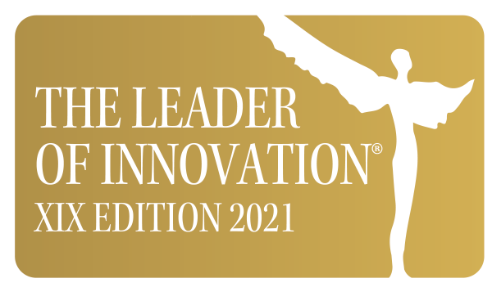Project title: Emerging strategy approaches for the design and functionalization of carbon dots as multifunctional, dynamic, green systems photoinitiators and photocatalysts involved in photopolymerisation processes
Project number: UMO-2021/41/B/ST5/04533
Principal investigator: PhD Associate Professor Joanna Ortyl
Obtained funds: 1 363 050 PLN
Funding source: National Science Centre
Project duration:
Start day: 01-2022
End day: 01-2026
Short disctoption of the project:
This project aims to obtain the new nano‐photoinitiating systems (PISs‐CDs) and nano‐photoinitiator‐catalysts (PICs‐CDs) based on carbon dots from UV‐A to NIR range for a different types of photopolymerization processes. First of all, the structure‐property correlations in photoinitiating systems based on carbon dots materials will be developed, providing clear guidance for future investigations. CDs with desired physicochemical properties will be fabricated through bottom-up rational synthesis by manipulation of the structure of the precursors of carbon dots. Therefore, one of the project's objectives will be to define and develop the methodology based on functionalization strategies of synthesis completely new carbon dots (CDs). The realized dream of obtaining completely new applications of CDs will be an exciting approach in design for light‐harvesting nano‐carbon dots.

Cracow University of Technology
Faculty of Chemical Engineering and Technology
Laboratory of Photochemistry and Optical Spectroscopy
Warszawska 24
31-155 Cracow
Poland
Joanna Ortyl, Prof., Ph.D., DSc.
tel.: +48 (12) 628 31 36
e-mail: jortyl@pk.edu.pl

Awarded for scientific and research activities that resulted in numerous publications, patents, utility models, invention projects and practical applications and industrial implementations, especially in the field of photochemistry – including photopolymerization processes in polymer systems and photochemical processes taking place in organic molecules. The award is a direct result of the TEAM TECH project co-financed by the Foundation for Polish Science.
Projekt i wdrożenie: Magic Studio